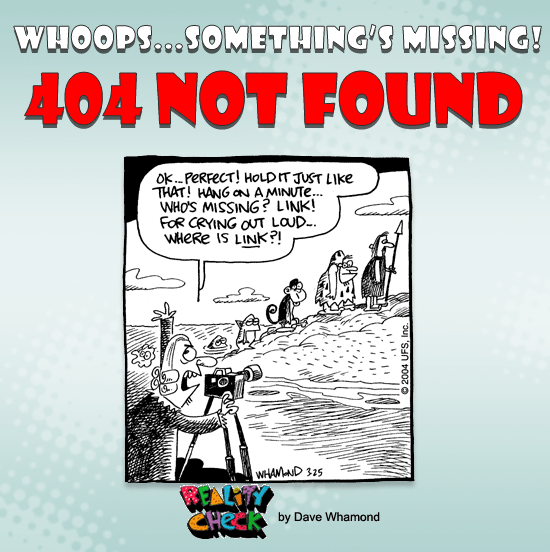Sentence fragments?
Elizabeth Daingerfield Zwicky writes to me, following up on my Maurice Sendak "half-sentence" posting (which I'll have more to say about in a while):
… if I knew how to encourage sentence fragments, I would go for that. Opal's sentences go on for*ev*er. And if I type them for her, and she's watching, and I try to put a period in, so there's a shorter sentence even though it starts with "And"? She says "No, that's not right, it's part of the same sentence. Didn't you hear the 'and'?" Fortunately she doesn't usually watch me type, allowing me to punctuate things as I see fit.
Read the rest of this entry »

